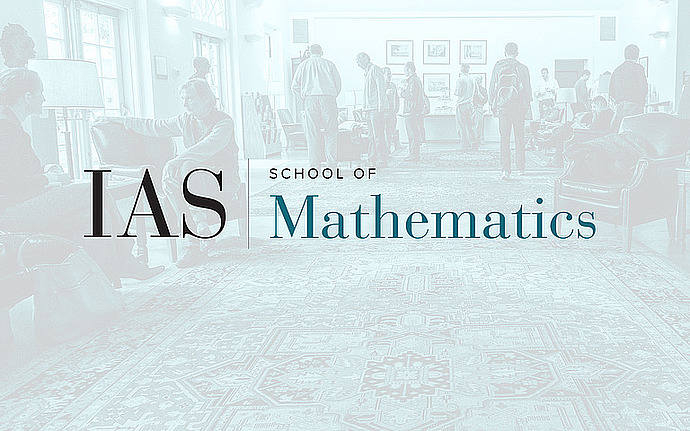
Computer Science/Discrete Mathematics Seminar I
Quantum Information and the PCP Theorem
I will discuss the following two results. I will assume no prior knowledge of quantum information or the PCP theorem. 1) The membership of $x$ in $SAT$ (for $x$ of length $n$) can be proved by a logarithmic-size quantum state $\Psi$, together with a polynomial-size classical proof consisting of blocks of length $polylog(n)$ bits each, such that after measuring the state $\Psi$ a verifier only needs to read ONE of the blocks of the classical proof. This shows that if a short quantum witness is available then a (classical) PCP with only one query is possible. 2) The class $QIP/qpoly$ contains ALL languages. That is: for any language $L$ (even non-recursive), the membership of $x$ in $L$ (for $x$ of length $n$) can be proved by a polynomial-size quantum interactive proof, where the verifier is a polynomial-size quantum circuit with working space initiated with some quantum state $\Psi(L,n)$ (depending only on $L$ and $n$). The interactive proof that we give is of only one round, and the messages communicated are classical. The advice $\Psi(L,n)$ given to the verifier can also be replaced by a classical probabilistic advice, as long as this advice is kept as a secret from the prover. The second result can hence be interpreted as: The class $IP/rpoly$ contains all languages. For the proof of the second result, we introduce the "quantum low-degree-extension" of a string of bits. The first result requires an additional machinery of "quantum low-degree-test".